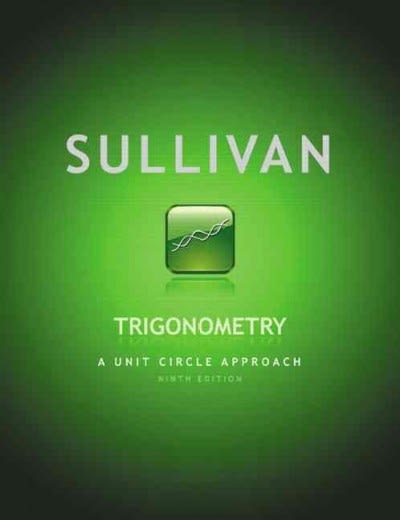Answered step by step
Verified Expert Solution
Question
1 Approved Answer
Hi, I am in difficulty when I kept trying to do these questions. Could you give me a help to solve these questions? Thank you
Hi, I am in difficulty when I kept trying to do these questions.
Could you give me a help to solve these questions?
Thank you so much.
Note: reference below


Step by Step Solution
There are 3 Steps involved in it
Step: 1

Get Instant Access to Expert-Tailored Solutions
See step-by-step solutions with expert insights and AI powered tools for academic success
Step: 2

Step: 3

Ace Your Homework with AI
Get the answers you need in no time with our AI-driven, step-by-step assistance
Get Started


